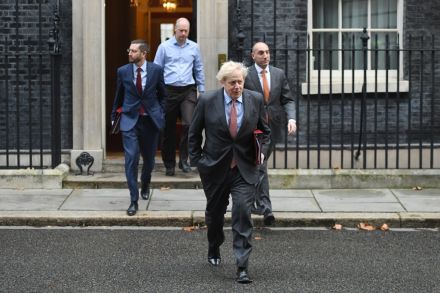Boris’s border crackdown raises some big questions
Throughout the pandemic, Britain has taken a relatively relaxed approach to controlling its borders. Restrictions on travel have come and gone since last March, but, on the whole, Britain has always leaned towards openness. The government has trusted people to make sensible judgements and follow quarantine rules upon return. Now attitudes have shifted. This afternoon, Home Secretary Priti Patel laid out the details of the government’s new, quasi-Australia style quarantine policy. Arrivals from 22 ‘high-risk’ areas will soon be forced to quarantine in a hotel when they arrive in Britain. There will be no exceptions to the rule, and travellers must stay put for ten days, even if they test





















